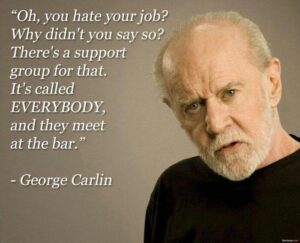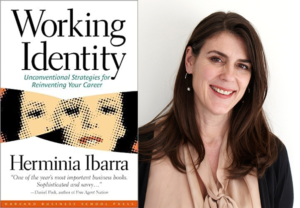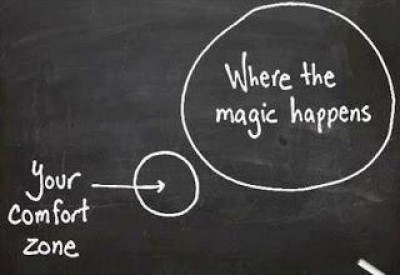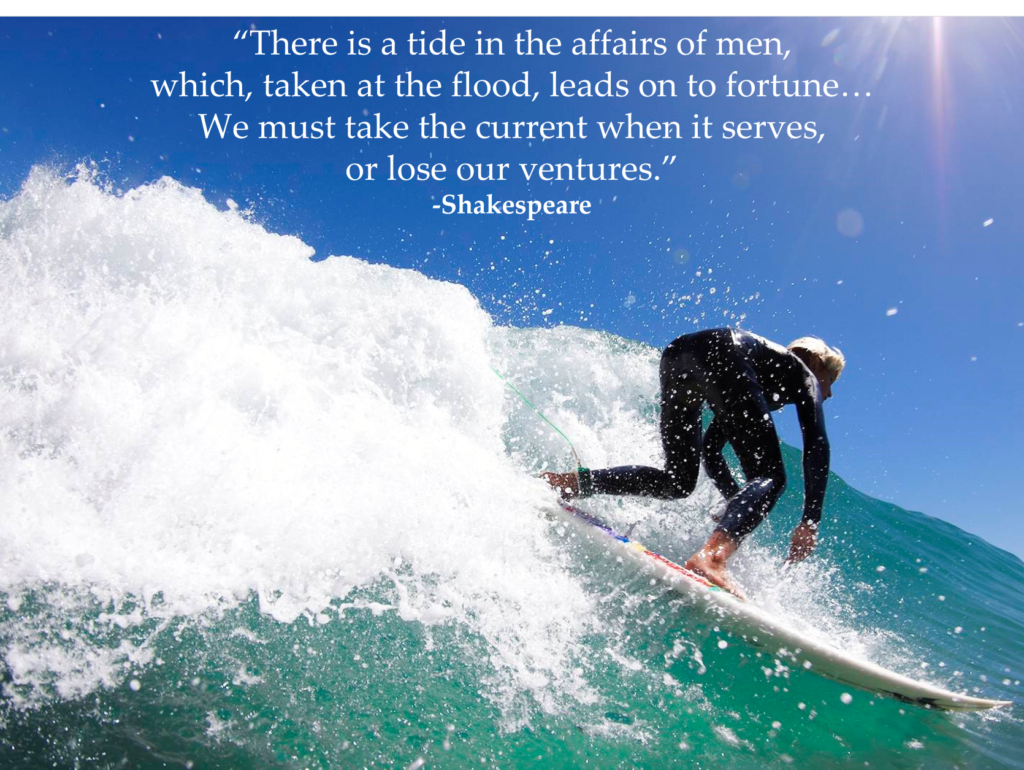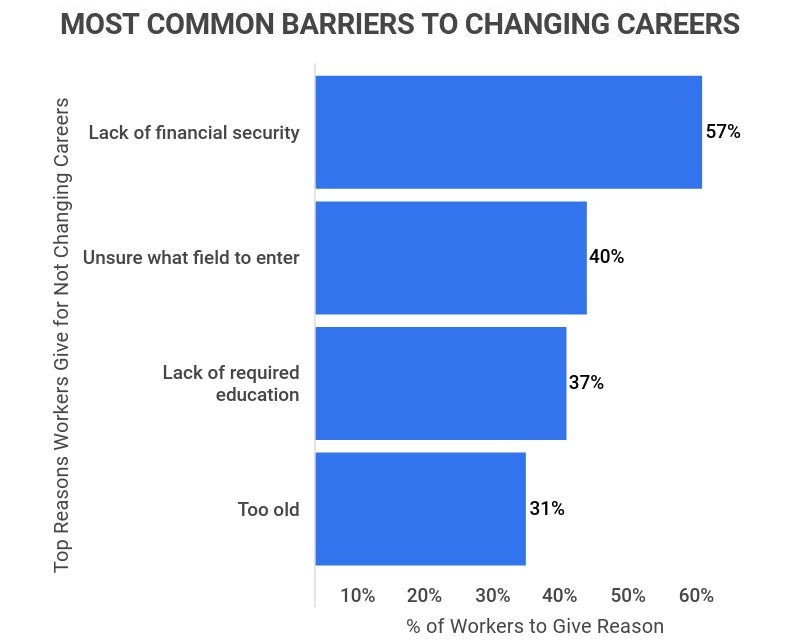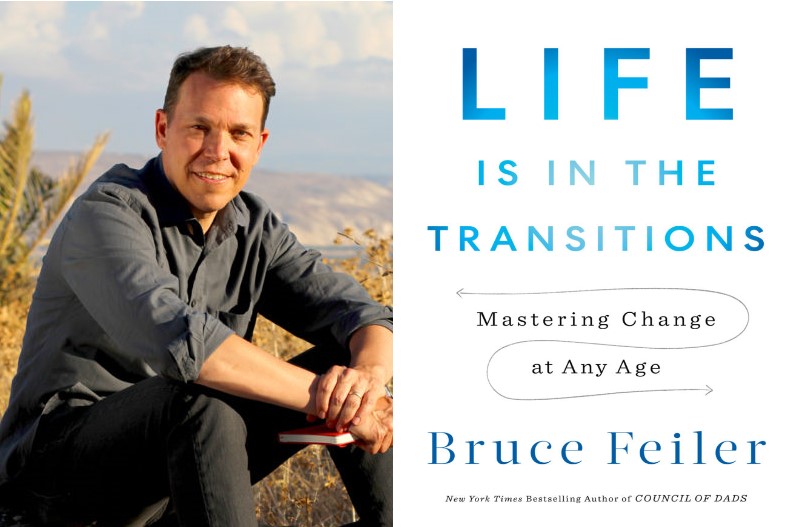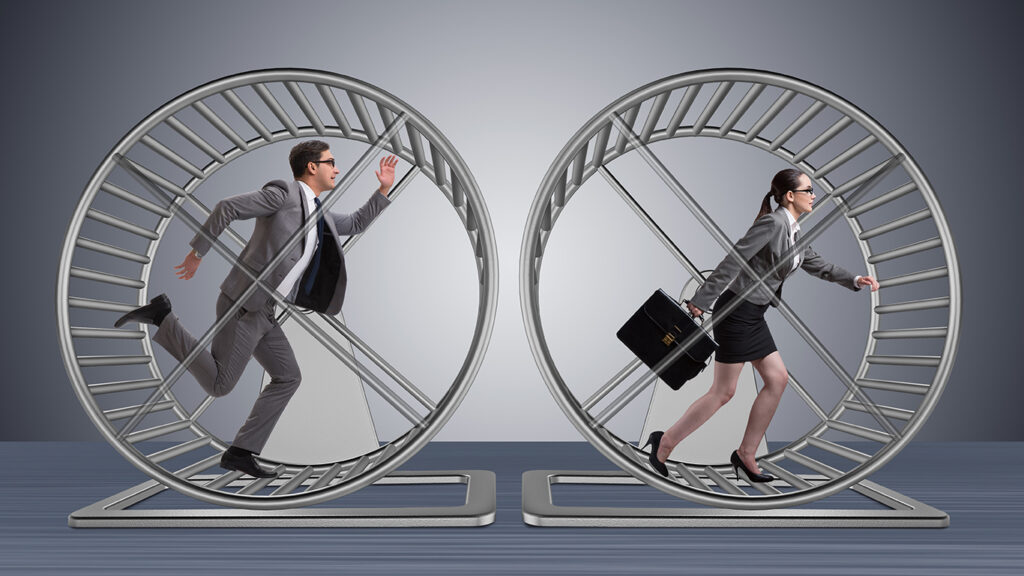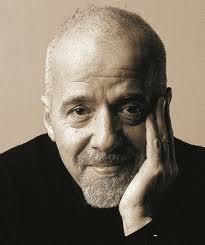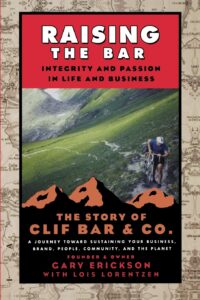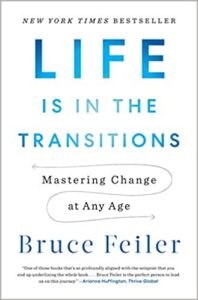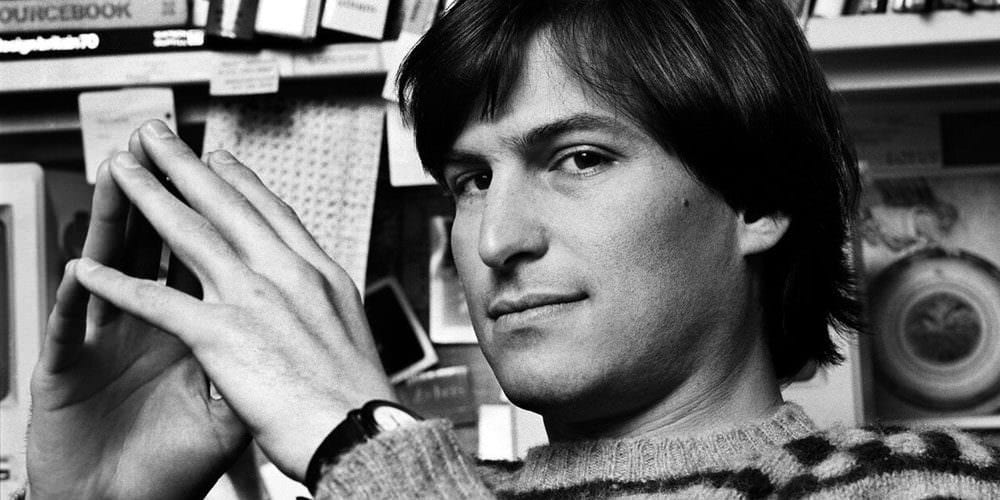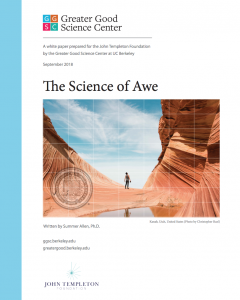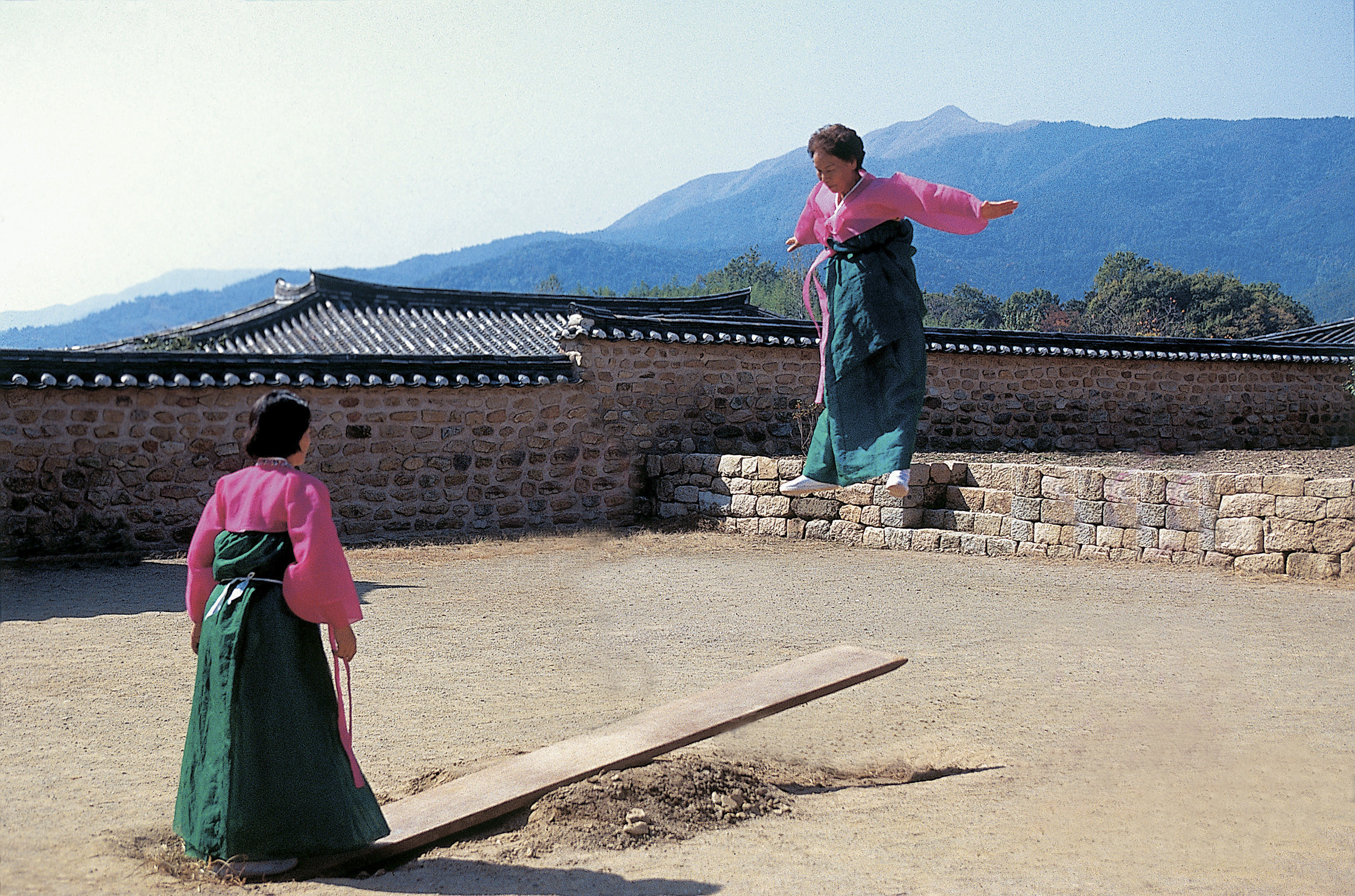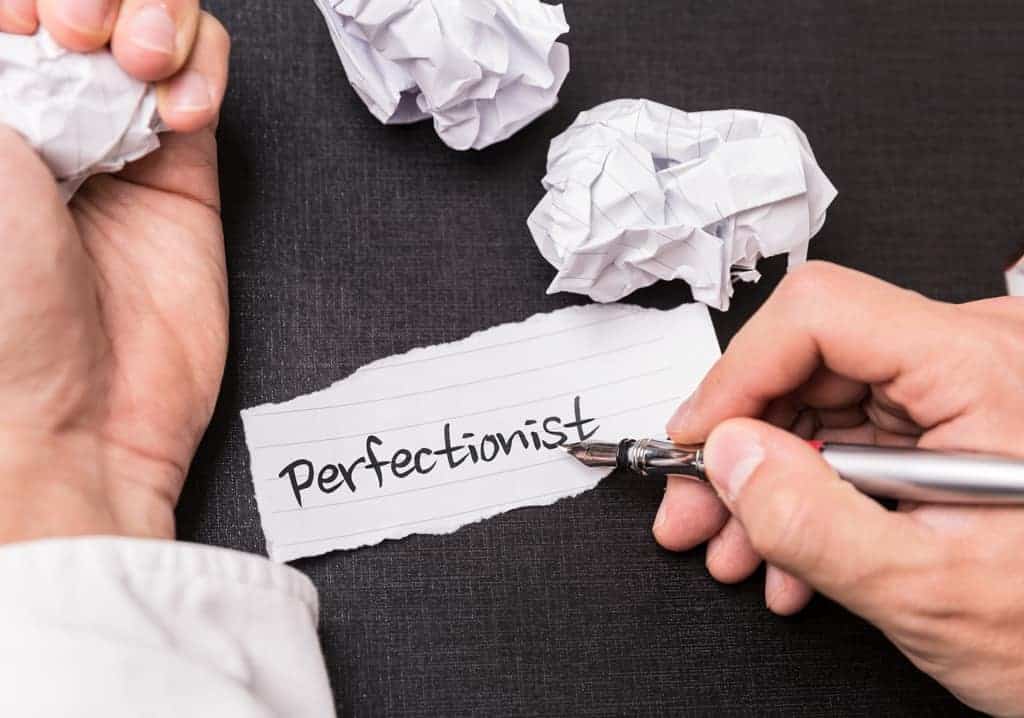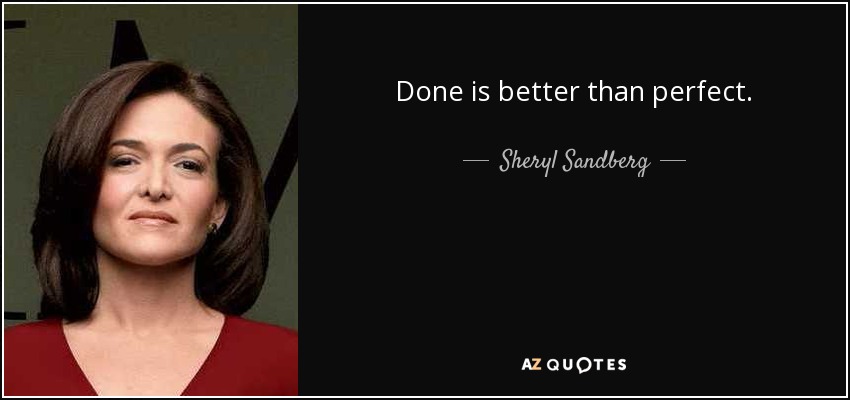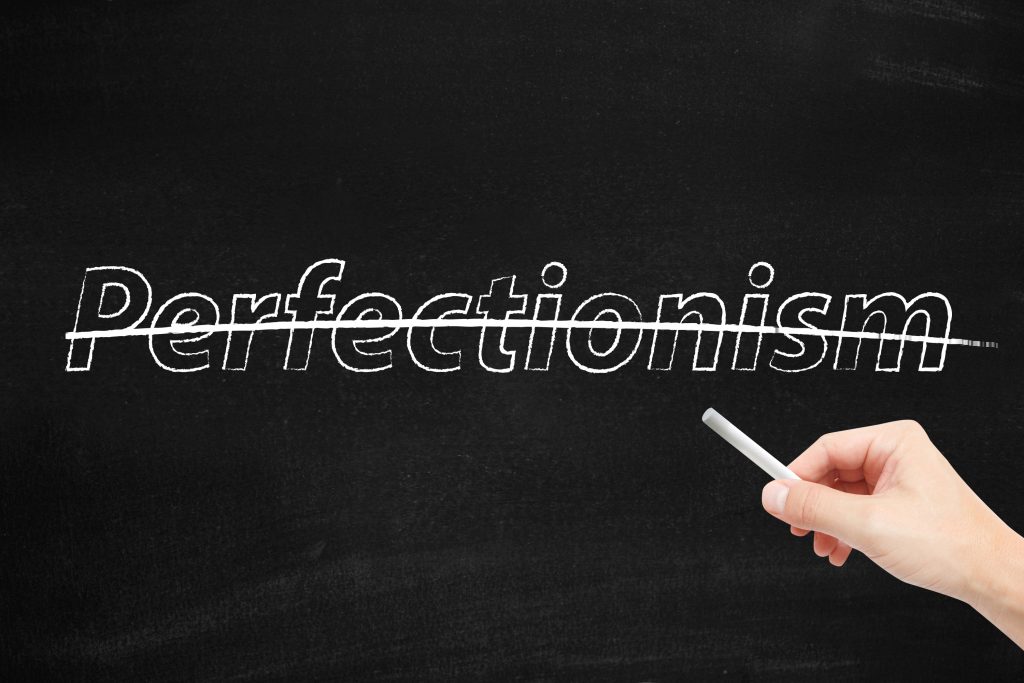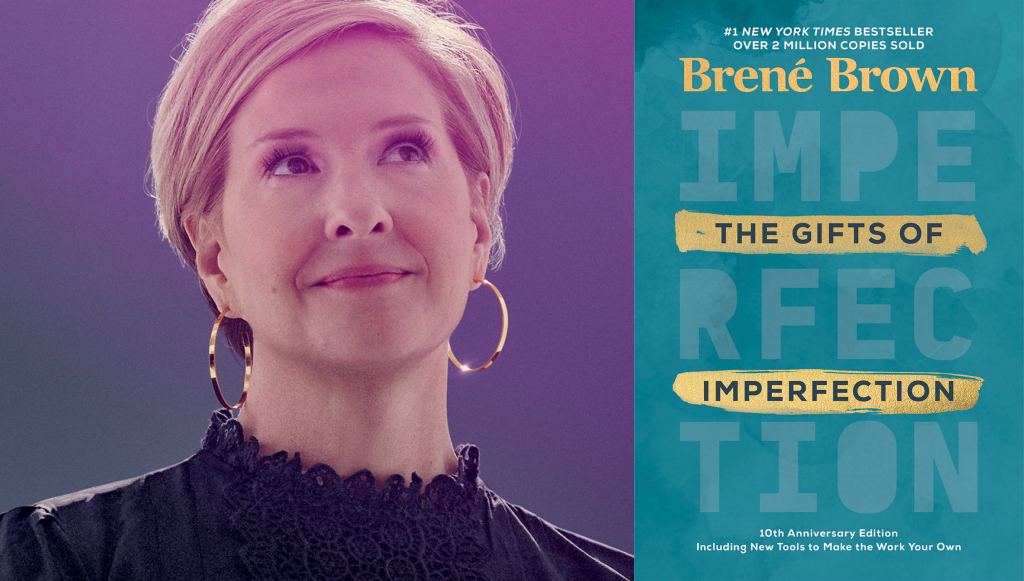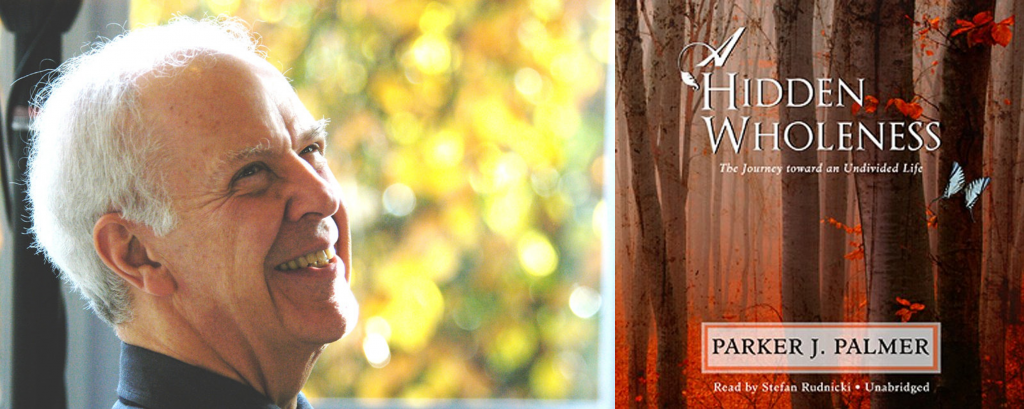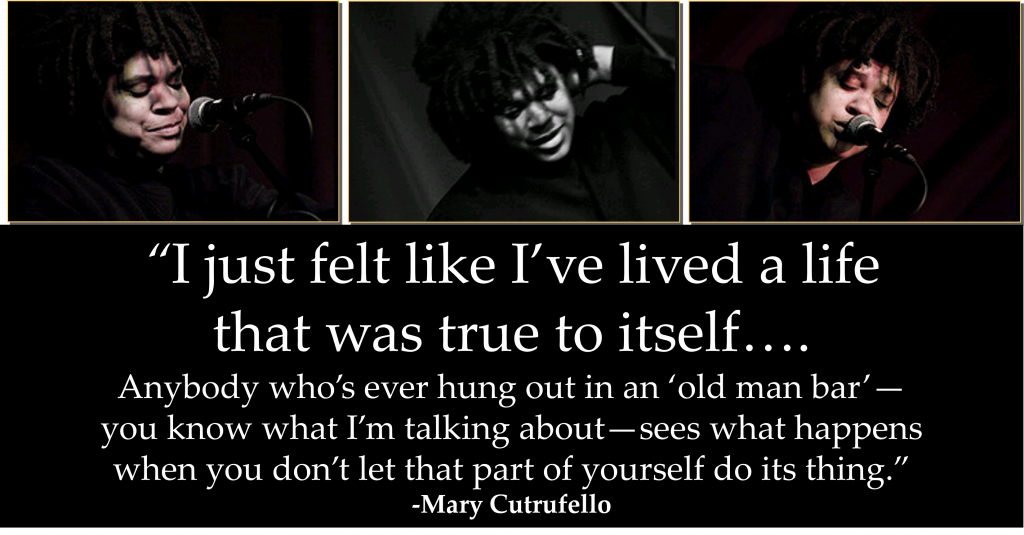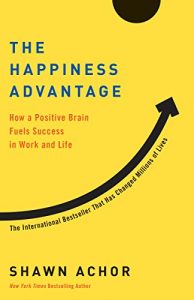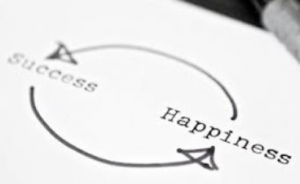Are you happy with your work? Do you love what you do, or at least enjoy it a fair amount of time? Do you often find yourself wondering, should I stay or should go? Many people have been asking these questions—even more so during the pandemic and its “Great Resignation”—and answering them with a job or career change. What are the most common career change mistakes?
Job or Career
First, let’s distinguish between a job and a career.
- A job is work you perform to earn money. It can be full- or part-time, and short- or long-term.
- A career, by contrast, can be thought of in two ways. First, it’s a period of time spent in a job or profession, with people usually holding many jobs over their career. Second, it’s an occupation you carry on for a significant period of your life (for some, their entire time in the workplace), often with opportunities for progress and advancement.
It’s usually easier to change jobs in the same field of work (e.g., nursing or marketing). Switching careers is much more difficult and may require going back to school or starting over.
The Top Career Change Mistakes
When thinking about or pursuing a career change, we tend to make many mistakes. Here are the most common mistakes:
Not getting clarity first.
The mistake here is neglecting the inner work of getting clear about your purpose, values, vision, passions, strengths, aspirations, and preferences. It’s not taking the time for reflection about the sources of your discontent.
Not mining your personal history and story.
Are you looking backward a bit so that what’s come before can inform your current choices? Reflecting on the patterns of your life and work can give you clues about who you are, what you love, and what value you can add to organizations.
Not working in parallel on the possibility of improving your current career.
By all means explore new options. But don’t give up too soon on improving your current situation. And don’t be too timid about trying new ways of working. If you may be leaving soon anyway, why not take some chances and see if you can make important changes?
Leaping without looking.
The mistake here is not doing your homework and digging deeply enough on your alternatives. Be sure to scrutinize your options and gather data on them—ideally with some hands-on projects—before diving in. Otherwise, you risk a rude awakening that your new career may also have major drawbacks for you.
Rushing into a new career because you hate your job.
This is problematic because sometimes there are particularities of a job, such as a bad manager or a toxic culture, which you could solve with an organizational change, not a career change.
“Oh, you hate your job? Why didn’t you say so? There’s a support group for that. It’s called EVERYBODY and they meet at the bar.” –George Carlin
Leaping without a safety net.
When you leap without cash reserves for a reasonable amount of time, it may work out. But it may not. As you get closer to drawing down your reserves, you may get desperate and take something that’s far from ideal—or even worse than what you left. According to a 2021 McKinsey survey, 40 percent of U.S. workers who left their job did so without a new one (higher than other countries in the sample).
Going it alone and neglecting your network.
Navigating a career change is a big deal, with many challenges large and small. So it’s a big mistake to try to figure it all out on your own. Your network may be able to help in important and even unexpected ways. There are opportunities that people in your network know about that you couldn’t, as well as experiences and insights they have which they could share with you. But only if you reach out. A related mistake: not tapping a mentor or career coach to provide perspective and guidance. And not leaning on a small group to provide support.
Expecting your existing network to be adequate.
A successful career change often requires new people and perspectives from different industries. There may be subtle ways in which your current network is holding you back from making changes. An example: the social pressure you may feel based on your identity in that industry, with your existing level of success. That success can trap you and prevent you from making necessary changes.
“Don’t just focus on the work. Find people who are what you want to be and who can provide support for the transition. But don’t expect to find them in your same old social circles. Break out of your established network. Branch out.” –Herminia Ibarra
Taking too much direction from others.
Yes, you want to get input from others. Particularly those who have your best interests at heart, and those who have important connections, experiences, or perspectives. But recall that their preferences and perspectives are different from yours. Maybe they want different things for you—or they don’t see clearly what fills you up and what drains you.
Overweighting compensation as a consideration.
Sure, money is important. We earn it for our basic needs, and to enjoy comfort and enriching opportunities, if we’re so fortunate. And to give back or make an impact. But don’t neglect the important non-financial compensation that can come from work such as growth, community, and fulfillment. Don’t underweight other important variables, such as fit with values, interests, and strengths.
Salary and bonus are readily quantifiable, but happiness, self-respect, and values alignment are harder to pin down but also essential. Too often, people use money as a scorecard to measure success or status, as if all that matters is salary and wealth (and not health, relationships, growth, contribution, and more).
“Work can provide the opportunity for spiritual and personal, as well as financial, growth.
If it doesn’t, we are wasting far too much of our lives on it.”
-James A. Autry
Assuming you must go back to school.
Yes, sometimes you need a degree or credential to make a successful career change. But not always. At some point, real-world experience, street smarts, and valuable skills and mindsets more than make up for the lack of a degree. In many cases, a degree will impart academic knowledge but not prepare you fully for the requirements of the new career. So be sure to look into this before making the investment of time and money.
Assuming your degree determines your career.
According to Bill Burnett and Dave Evans in their great book, Designing Your Life, about three-quarters of U.S. college graduates don’t end up working in a career related to their majors. There are tons of wildly successful business CEOs who got liberal arts degrees, from Howard Schultz (Starbucks) and Andrea Jung (Avon) to Michael Eisner (Disney) and John Mackey (Whole Foods). Singer Carrie Underwood studied mass communications. Actress Eva Longoria studied kinesiology. Coldplay lead singer Chris Martin studied Greek and Latin. Higher education is mostly for learning and growing, not pigeonholing us.
Thinking and planning too much, and not taking enough action.
The mistake here is “analysis paralysis.” Career change expert Herminia Ibarra says it well: “Act your way into a new way of thinking and being. You cannot discover yourself by introspection. Start by changing what you do. Try different paths. Take action, and then use the feedback from your actions to figure out what you think, feel, and want. Don’t try to analyze or plan your way into a new career.”
Doubting your skills and abilities.
Changing careers feels scary, in part because of all the unknowns. You begin to doubt your skills and abilities, assuming you’re so far behind others in that field, when it’s more likely that you have many transferrable skills and abilities. And that being an outsider can be a tremendous asset (e.g., in terms of the objectivity and innovation).
Playing it too safe.
If you’re taking on the daunting challenges of career change, why not “shoot the moon” and go for what you really want? Otherwise, what’s the point of it all? You never know what may come of your courage and efforts.
Narrowing your options too quickly.
Since it can be overwhelming to consider many possibilities, you may be tempted to narrow your options quickly. There’s a balance here. Yes, there’s a danger of option overwhelm (famously explained by Barry Schwartz in The Paradox of Choice), but there’s also a big risk of missing good options by excluding them prematurely. You generally make better choices when you have lots of good options to choose from, so be sure to ideate openly first before analyzing and narrowing.
Thinking it’s too late.
You may dismiss opportunities because you think it’s too late. That can be a big mistake. You never know until you try, and you may have just the right skill set or mindset for the new career. According to surveys, one of the top barriers to career change is a concern about being too old, with 31 percent of workers reporting that. Yet there are countless examples of people who made not just one but multiple career changes later in life. And as people live longer, on average, we’ll need to get better at transitioning into new careers later in life.
Holding out for perfection or total clarity about the new destination.
Life is messy. Change is hard. It’s rare that you get perfect clarity or achieve perfection when trying something new. Be willing to act anyway and watch how things start to move. Act, learn, and adjust. Iterate as you go. But get going.
“By far the biggest mistake people make when trying to change careers
is to delay taking the first step until they have settled on a destination.”
-Herminia Ibarra, Professor of Organizational Behavior, London Business School
Not testing the new career before leaping.
You can’t figure it out on a spreadsheet. The list of pros and cons may help, but it won’t get you all the way there. You need to roll up your sleeves and start trying things. Gather data. Interview people in fields of interest (ideally including people who liked and succeeded in the career of interest and people who disliked and abandoned the career). Run low-cost probes and simple, quick experiments that will help you experience the profession before taking the leap. Examples:
- consulting project
- internship (or a “returnship” for mid-career professionals)
- job rotations inside your organization
- job shadowing
- training in new areas
- life design interviews (meeting with people who are already doing what you’re interested in doing and hearing their story: asking them questions like how they got to where they are, how they developed the necessary skills, what a typical day looks like, what they like and don’t like about their work, etc.)
Assuming you must “climb the ladder” in your career.
You may be in “climbing mode”: striving to move up the ladder of success, focusing on achievement and advancement. For many, this is taken for granted. But is it right for everyone always? No doubt there can be great value in climbing mode: money, status, growth, challenge, and more. But many people feel empty at the top. The key is crafting a career that works for you—given your values, passions, and aspirations—and your current context of your family and other responsibilities.
Not playing the long game.
Are you playing the short game? Our culture is geared toward it. It’s alluring. But playing the long game is powerful. That involves taking the necessary steps today to set yourself up for success tomorrow. Avoiding instant gratification and distractions. Making sacrifices in the present for a better future. Building a foundation that will set you up for new opportunities and success.
Being so focused on fleeing from a bad situation that you don’t scrutinize your new direction.
When you allow your current work situation to become so bad, or even toxic, you can become desperate even for the slightest change, even if it doesn’t advance you toward the horizon you seek. A better approach: set boundaries and stabilize your current situation while developing an intentional and systematic process for crafting an exciting and rewarding next career chapter. One that’s worth the wait.
Giving up too quickly or easily.
Changing careers is hard, so you may be tempted to throw in the towel and settle. Don’t. This is your one life. Stick with it and keep working until it’s great.
Not giving it the time and attention it deserves, with a well-designed process.
Changing careers is hard. You may already be busy with a current job, plus all the other things you’re doing. It’s easy to let the career change process slide as you get lost in the daily busyness. Big mistake. You need to create and protect margin in your life to let the career discovery process launch and gather momentum.
Not paying attention to market waves.
Do you have functional skills (like digital marketing, event planning, or management) that can be applied in different industries and settings? Almost certainly. Think about market waves—big changes that are rolling through our lives. Examples: clean tech and green energy, conscious capitalism, space exploration, and so many more. What interests you? Are you looking ahead? What are the big economic, social, technological, political, or environmental trends shaping our time and driving new opportunities? As with blackjack players in Las Vegas, you have the advantage of table selection—of choosing where to play, whether it’s in exciting and growing industries or corrupt and dying ones. (For a short video explaining this kind of thinking, see “Find a Wave and Ride It” by Eric Straser.)
“There is a tide in the affairs of men, which, taken at the flood, leads on to fortune…
We must take the current when it serves, or lose our ventures.”
-William Shakespeare (Brutus in “Julius Caesar”)
Believing there’s one perfect career for you that you must find.
Perhaps you’re holding back on moving career change exploration because you’re expecting to find THE ONE PERFECT CAREER that will take you to professional nirvana. News flash: in the real world, that’s exceedingly rare. For those who haven’t won the career lottery, crafting a career is an iterative process, with many ups and downs. So let go of the fantasy and get to work.
Not taking advantage of transition time.
Are you always jumping from one thing to another without a proper transition? Afraid of the in-between time, when things are fuzzy and emergent, or are you embracing it as an adventure? Stressed about not yet knowing what’s next, or are you finding ways to enjoy yourself despite the uncertainty—appreciating the freedom and the possibilities to explore and have fun with other things (like reconnecting with other people and hobbies) in the meantime? Are you fearing or trusting? As author Bruce Feiler reminds us, sometimes “life is in the transitions.”
“This is now my #1 tip for changing your life. You need to clear a space for the new you to emerge.”
–Joanna Penn, writer

Forcing change on an arbitrary timeline.
Did you pick a deadline out of a hat that may not reflect the reality of the change process? Are you overly optimistic about the timeline? It’s one thing if your cash burn rate gives you a hard deadline. It’s another thing altogether if you’re slavishly following an arbitrary deadline and making big decisions based on it.
Jumping prematurely to sweeping changes.
Tempted to bet the farm on your latest idea? You may want to think again. Herminia Ibarra says it beautifully:
“Resist the temptation to start by making a big decision that will change everything in one fell swoop. Use a strategy of small wins, in which incremental gains lead you to more profound changes in the basic assumptions that define your work and life. Accept the crooked path. Small steps lead to big changes, so don’t waste time, energy, and money on finding the ‘answer’ or the ‘lever that, when pushed, will have dramatic effects. Almost no one gets change right on the first try.”
-Herminia Ibarra, Professor of Organizational Behavior, London Business School
Not considering entrepreneurial options.
Did you assume you’ll go work for an established organization and rule out starting a new venture? Have you considered becoming a solopreneur or freelancer? Nowadays, there are so many compelling opportunities in these lanes, plus easy and accessible ways to experiment with them, even as a side hustle.
Not factoring in the cost of regret.
As you think about your next move, be sure to account for the cost of coming to the end of your life and looking back with regret for not trying the things you really wanted to do.
“It’s better to fail trying to do what you really care about than to succeed at something else.” –Mark Albion
Letting fear hold you back from trying for what you really want.
Are you intrigued by something but reluctant to pursue it because of what others might think? This is especially hard today when your social media profiles are open for all to see. It’s natural to fear the judgment of others when you’re in between things. But this can be a real barrier to your progress on big things.
“So please ask yourself: What would I do if I weren’t afraid? And then go do it.”
-Sheryl Sandberg, tech executive and author

Postponing what you really want to do.
Putting off the dream? Telling yourself that it’s not the right time? What are you waiting for? Do you risk waiting too long, or even deferring indefinitely? Consider the sage advice of Warren Buffett:
“You ought to be happy where you are working. I always worry about people who say, ‘I’m going to do this for 10 years’ and ‘I’m going to do 10 more years of this.’ That’s a little like saving sex for your old age. Not a very good idea. Get right into what you enjoy.”
-Warren Buffett, legendary investor
Not finding sanctuary.
In today’s world with its frenzied pace, it can be easy to get caught up in the chase and never take time for rest and renewal. Especially when you’re making big decisions in life, you need sanctuary in your life: places and practices of peace that restore your heart. Places of quiet and tranquility where you can get quiet and hear your inner voice. Sanctuary can give you the perspective to make wise choices and to sustain you through the difficulties of the transition.
“What on earth do you do when you no longer have work as an excuse to be hyperactive and avoid the big questions?”
–Tim Ferriss, entrepreneur, author, and podcaster

Telling yourself you have no choice.
Feeling like you’re stuck, perhaps torn between your desires and obligations? Not even trying because you feel trapped? Think again. Here it straight from venture capitalist and executive coach Jerry Colonna:
“I don’t have a problem with what you do, that’s your choice. What I have a problem with is you lying to yourself about why you’re doing the things you’re doing. You have a choice.”
–Jerry Colonna

Take the Traps Test
We all fall into traps in life. Sometimes we’re not even aware of it, and we can’t get out of traps we don’t know we’re in. Evaluate yourself with our Traps Test.
There you have it. A summary list of the most common career change mistakes.
Yes, career change is hard. Sometimes brutally so. But it’s also a tremendous opportunity for you to take your life back and have fun while doing great things. It’s well worth the effort to navigate these challenges intentionally.
Wishing you well with it, and please reach out if you’d like some help.
–Gregg
Tools for You
- Traps Test (Common Traps of Living) to help you identify what’s getting in the way of your happiness and quality of life
- Quality of Life Assessment to help you discover your strongest areas and the areas that need work and then act accordingly
- Personal Values Exercise to help you clarify what’s most important to you
Related Articles
- “Time to Check the Path You’re On?”
- “How Inertia Keeps Us from Making Needed Changes”
- “What Keeps Us from Moving On?”
- “The Problem with Lacking Clarity in Your Life”
- “The Power of Taking Full Responsibility for Your Life”
- “The Incredible Benefits of Being Action-Oriented”
Postscript: Inspirations on Career Change
- “Big career decisions don’t come with a map, but all you need is a compass. In an unpredictable world, you can’t make a master plan. You can only gauge whether you’re on a meaningful path. The right next move is the one that brings you a step closer to living your core values.” -Adam Grant
- “Everything seems to conspire to keep us where we are. That is why so many people remain stuck in the first half or, at best, flounder in a perpetual halftime. Life seems more comfortable in known, familiar territory, even when we are fairly certain something better awaits us out there.” -Bob Buford
- “An unfulfilled vocation drains the color from a man’s entire existence.” -Honore de Balzac
- “The thought once occurred to me that if one wanted to crush and destroy a man entirely, to mete out to him the most terrible punishment… all one would have to do would be to make him do work that was completely and utterly devoid of usefulness and meaning.” -Fyodor Dostoyevsky
- “An easy way to pick the wrong career is to put your image above your interests and identity. A motivating job isn’t the one that makes you look important. It’s the one that makes you feel alive. Meaningful work isn’t about impressing others. It’s about expressing your values.” -Adam Grant
- “While we should dream big, sometimes we need to make smaller moves and small experiments to build confidence and gather data and grow more organically in a new direction…. There is no real way to know the answers up to the front of what to pursue next in our careers unless we’re running small tests and learning from them.” -Jenny Blake
- “So many of us choose our paths in life out of fear disguised as practicality.” -Jim Carrey
- “In a chronically leaking boat, energy devoted to changing vessels is more productive than energy devoted to patching leaks.” -Warren Buffett

Gregg Vanourek’s Newsletter
Join our community. Sign up now and get Gregg Vanourek’s monthly inspirations (new articles, opportunities, and resources). Welcome!
Appendix: Data on Job and Career Changes
While there’s a great deal of data out there about the frequency of job changes, there’s not much out there on career change for two reasons: first, disagreement about definitions; second, career change is much harder to track and measure.
For example, 41 percent of employees were considering leaving their current employer in 2021, according to a Microsoft Work Trend Index survey of 31,092 full-time employed or self-employed workers across 31 markets. (Data are similar for the U.K. and Ireland, according to a recent survey.) But that addresses potential job changes, not career changes.
According to a September 2021 MetLife survey of 2,000 U.S. workers, 56 percent of women say they’ve thought about career change during the pandemic—twice as many who felt that way in summer 2020. In addition, 48 percent of women report that the pandemic has negatively impacted their career path.
According to Zippia, a business skills training company:
- The average U.S. worker has 12 jobs throughout a lifetime.
- S. workers have an average tenure of about 4.1 years with a single employer.
- 37 percent of the U.S. workforce changed or lost their job in 2020.
- 51 percent of U.S. workers said in 2018 that they change jobs every one to five years, up from 42 percent in 2017 and 34 percent in 2016.
- Job change frequency varies dramatically by age in the U.S.:
- people between 18 and 24 years old change jobs about 5.7 times during that period
- people between 25 and 34 change jobs about 2.4 times
- people between 35 and 44 change jobs about 2.9 times
- people between 45 and 52 change jobs about 1.9 times
- The average age of a major career change is 39 years old.
- 58 percent of people say they’d be willing to take a pay cut to make a major career change.
- 57 percent of workers said that the top barrier to career change is a lack of financial security. (The other top barriers are lack of clarity about what career to enter, lack of required education, and concerns about being too old.)
Image source: Zippia
++++++++++++++++++++++++++++++
Gregg Vanourek is a writer, teacher, TEDx speaker, and coach on personal development and leadership. He is co-author of three books, including LIFE Entrepreneurs: Ordinary People Creating Extraordinary Lives (a manifesto for integrating our life and work with purpose, passion, and contribution) and Triple Crown Leadership: Building Excellent, Ethical, and Enduring Organizations (a winner of the International Book Awards). Check out his Best Articles or get his monthly newsletter. If you found value in this article, please forward it to a friend. Every little bit helps!



